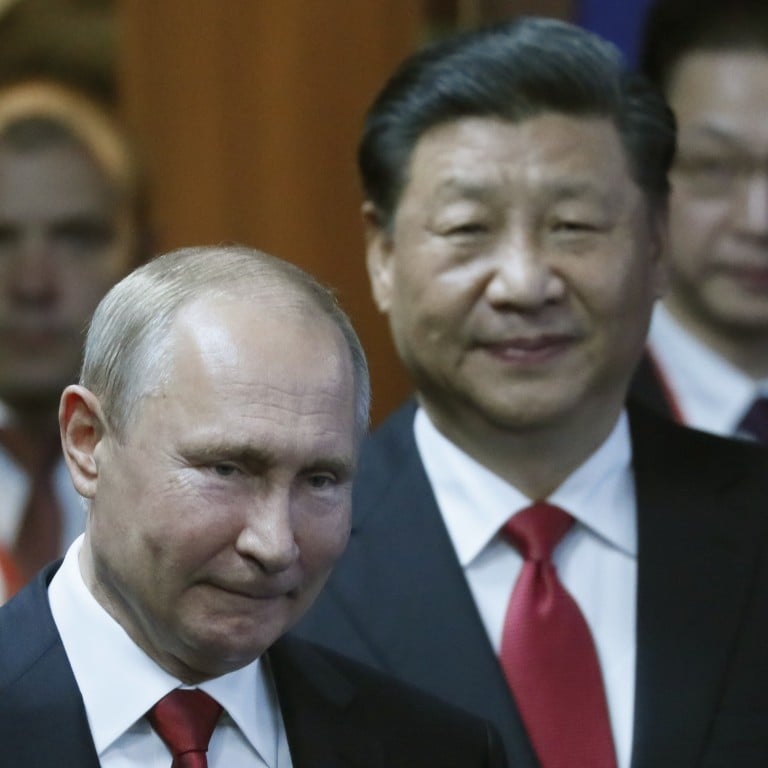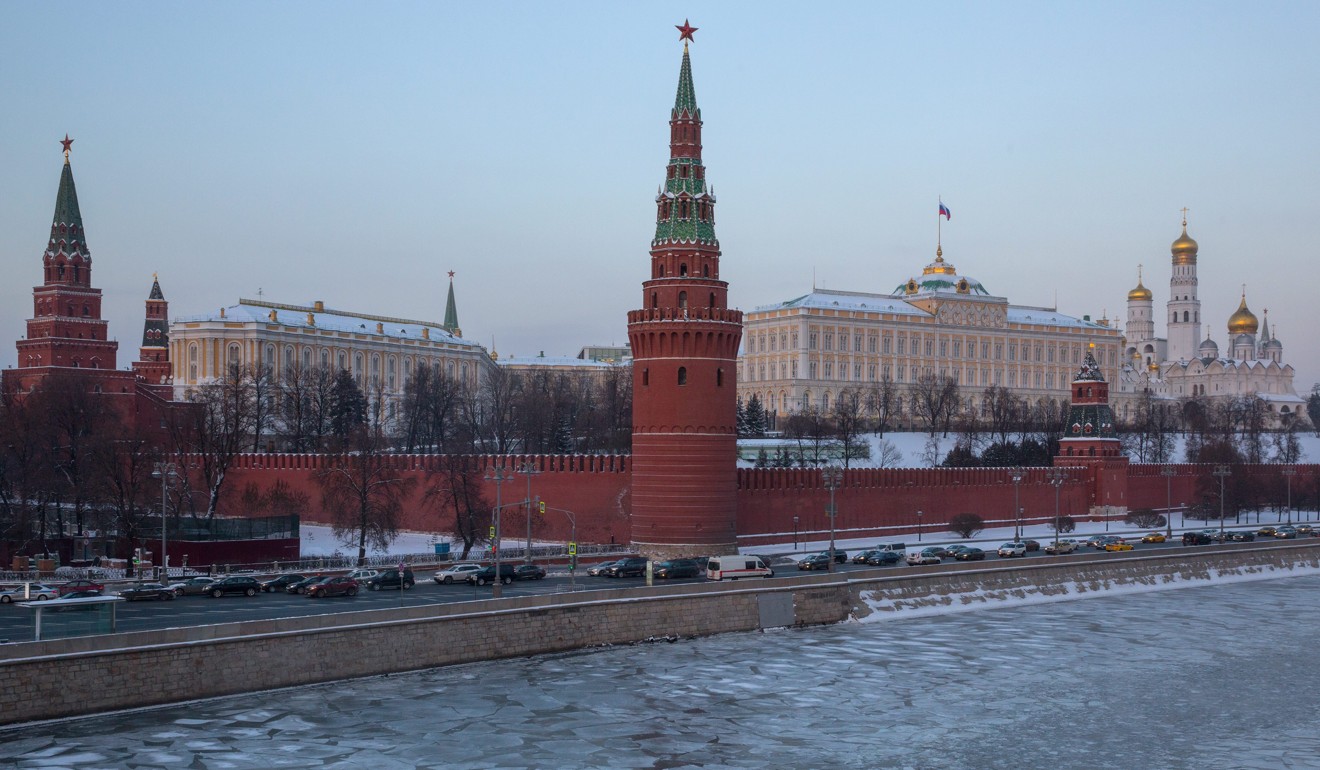
Why the Putin-Xi bromance is a sign of things to come for Russia and China
- While the two presidents are keen to highlight their personal relationship, their countries are likely to develop a closer economic relationship in future
Xi Jinping’s three-day state visit to Russia earlier this month left the strong impression there was a high-level Chinese-Russian bromance going on.
The president frequently referred to Vladimir Putin as an “old” or “good” friend and stressed the importance of Russia to Beijing’s foreign policy.
This is underlined by the fact that Russia is the country he has visited most frequently since coming to power in 2012 (the pair have met 31 times in the past six years).
Given that the visit coincided with the escalation of the trade war between China and the US and the ongoing tensions in America’s relationship with Russia, it prompted some speculation about an emerging strategic alliance between the two countries to counter America.

But Russia and China have been consistently building on their strategic partnership at least since 2001, when they signed a treaty of “friendship and cooperation”.
As Putin said in 2015: “Russian-Chinese ties have now probably reached the highest point in their entire history and continue to develop”.
China seeks Indian, Russian backing for trading system to counter Trump
This mantra has been reiterated many times since then, most recently when the pair met in the Kremlin, where Putin said relations were at an “unprecedentedly high level”.
Their shared tensions with the United States have also spurred them to cooperate more closely on common strategic interests.
Two new trends have emerged recently, the first being a gradual coming together on economic policy, and the second an alignment of their positions on most global policy issues.
A significant economic breakthrough occurred last year when trade between the two countries reached a record high of US$107 billion.
Although this can in part be explained by oil price fluctuations and an increase in Russian agricultural exports to China, it still shows the increased closeness between the two countries.
China-Russia ties turn icy, but in a really sweet way
For now, it is hard to imagine how the volume of trade between the two could reach US$200 billion within the next few years. The structure remains unbalanced, with Russia mainly exporting mineral resources to China and more work is needed to diversify trade in sectors such as agricultural products and services.
However, Russia and China have recently increased cooperation on atomic energy following a deal that will see the Russian state nuclear corporation Rosatom building several units at the Xuidapu plant in Liaoning province.

Their alignment on global affairs is made clear by the documents the two leaders signed this month.
The first refers to a “comprehensive strategic partnership of coordination for a new era” and covers a wide range of spheres including space, the Arctic, the internet and innovation.
The reference to a “new era”in their relationship is a recent development and although the phrase does not signal any radical changes it has a symbolic importance following its incorporation into China’s constitution to define Xi’s own political philosophy.
The second document refers to reinforcing global strategic stability in new era and mostly focuses on international affairs, helping to cement Russia and China’s joint approach to pressing issues such as Iran, Venezuela, the Korean peninsula and nuclear proliferation.
It seems clear that Russia and China will continue to develop their relationship in the face of their increasing alienation from the US-dominated global order.
Their relationship in the “new era” will not only be defined by the cooperation in areas such as cutting-edge technology, space, security and global governance, but also increased efforts to galvanise trade and investment as the bedrock for deeper ties in future.
Danil Bochkov is a contributing author at the Russian International Affairs Council

